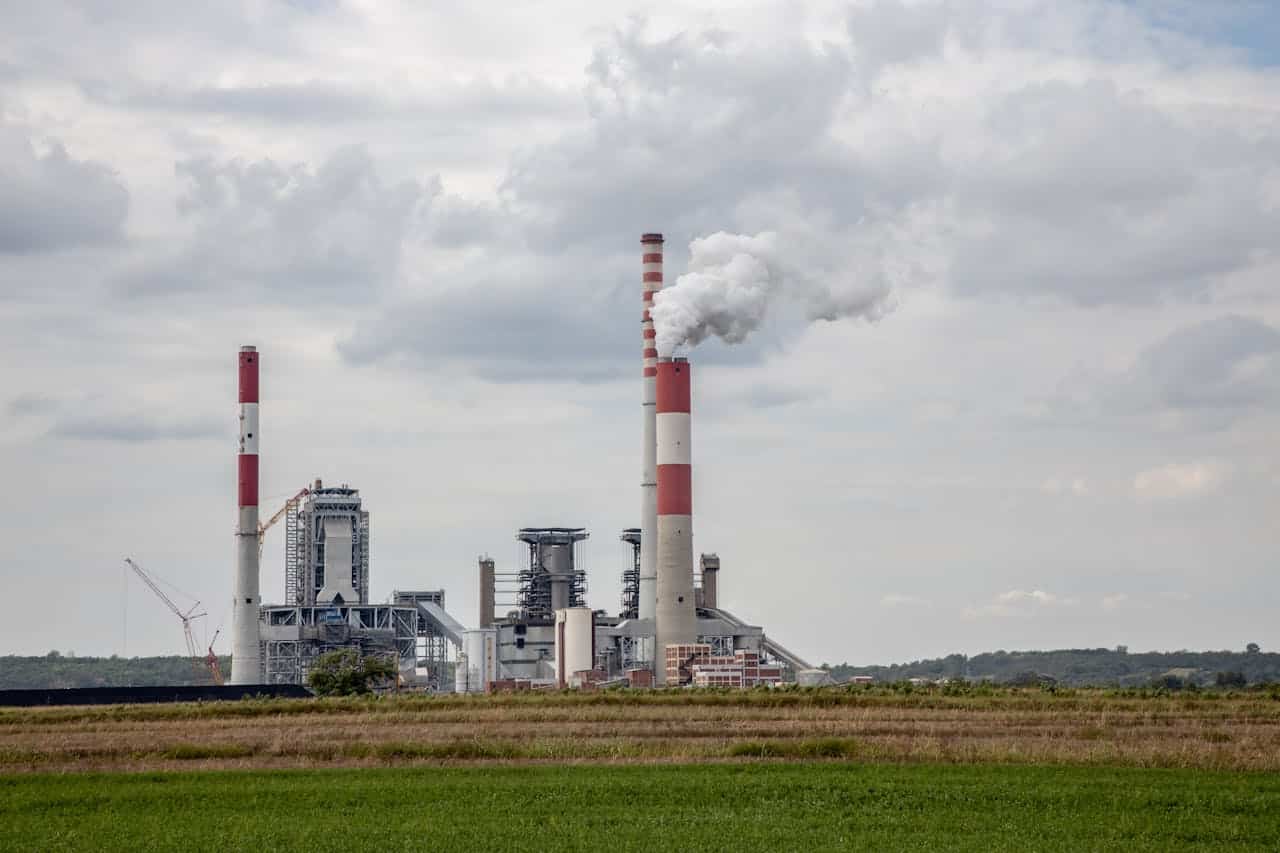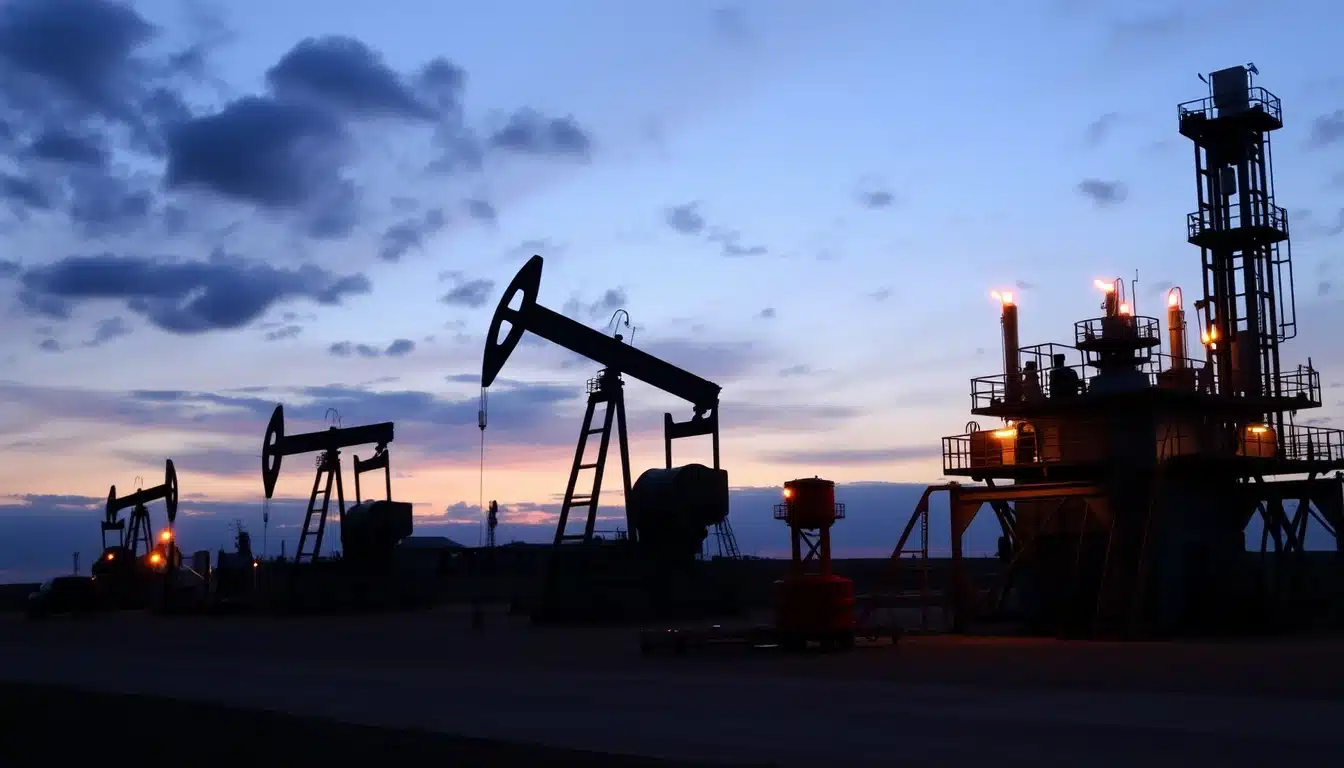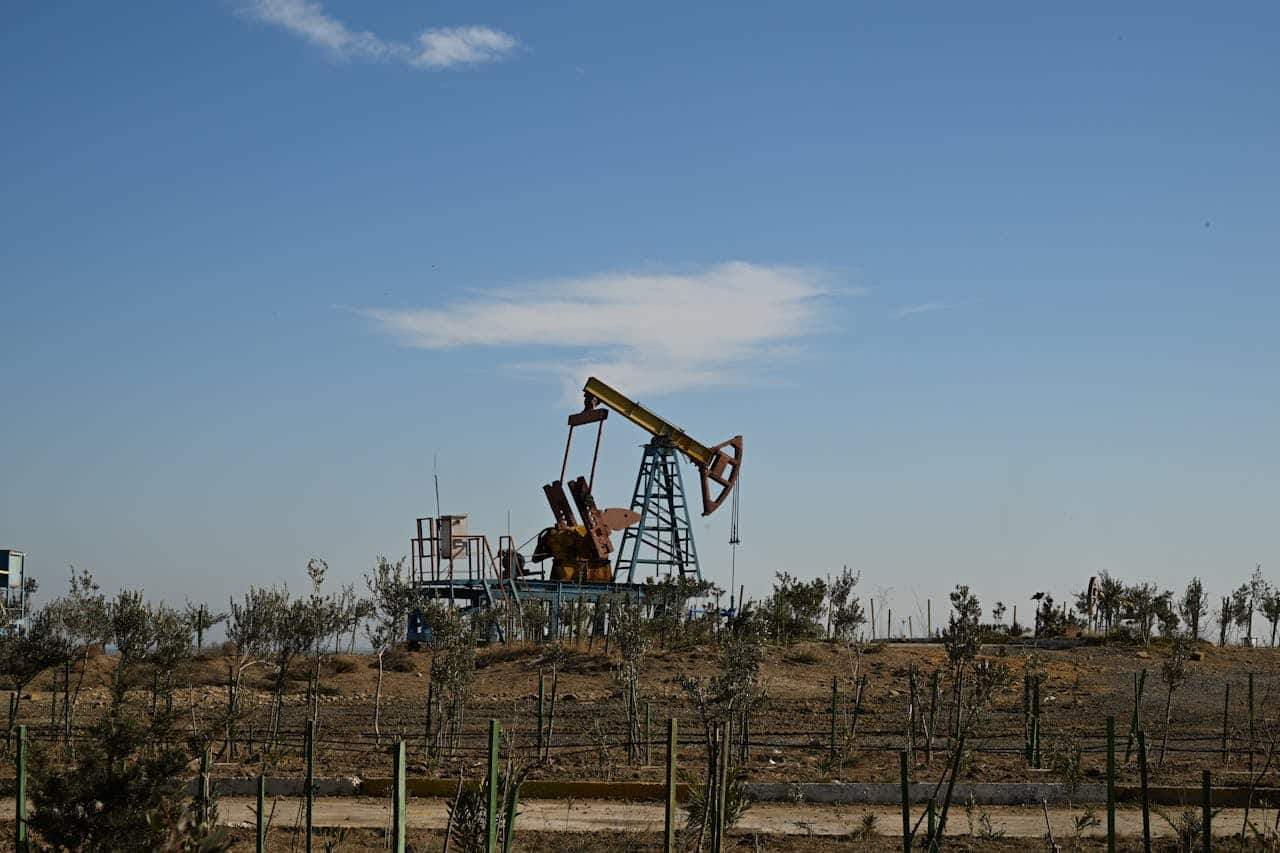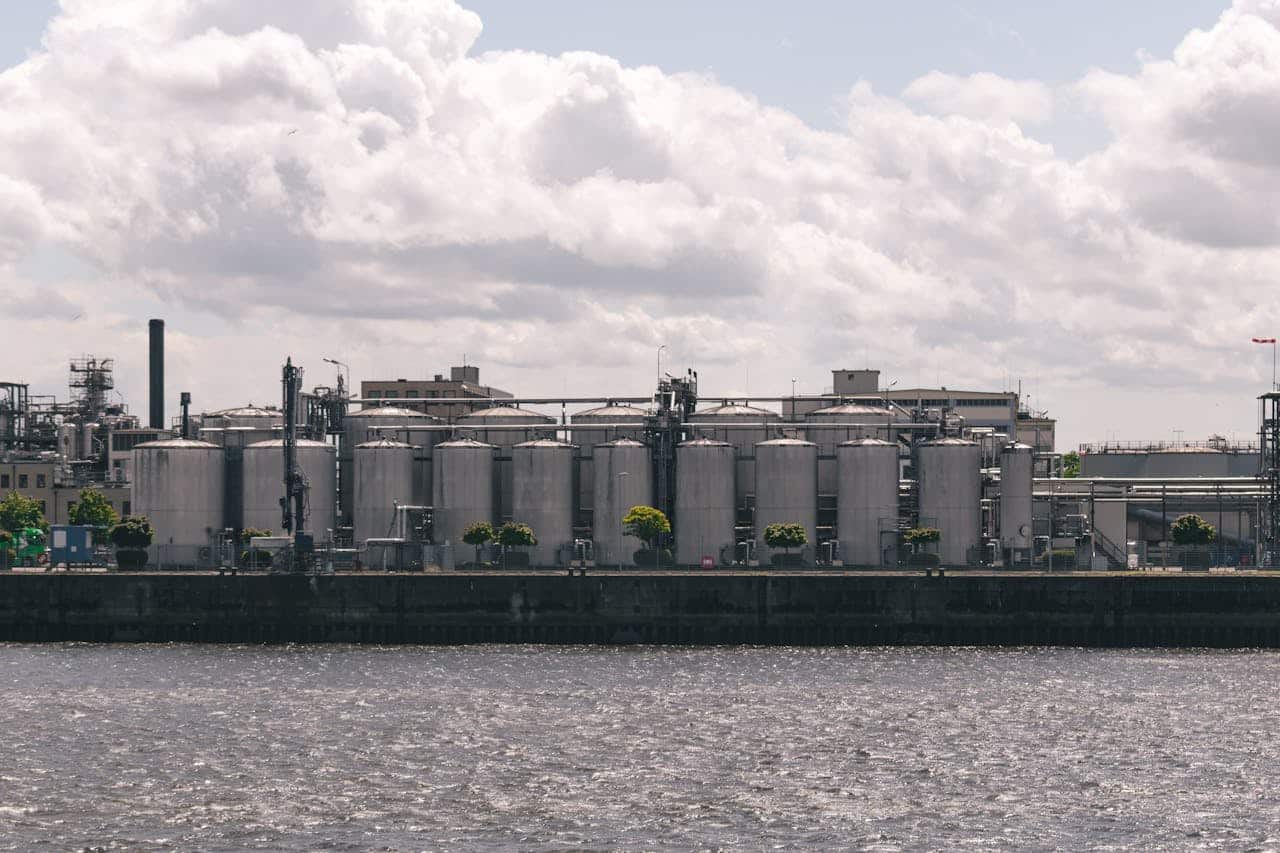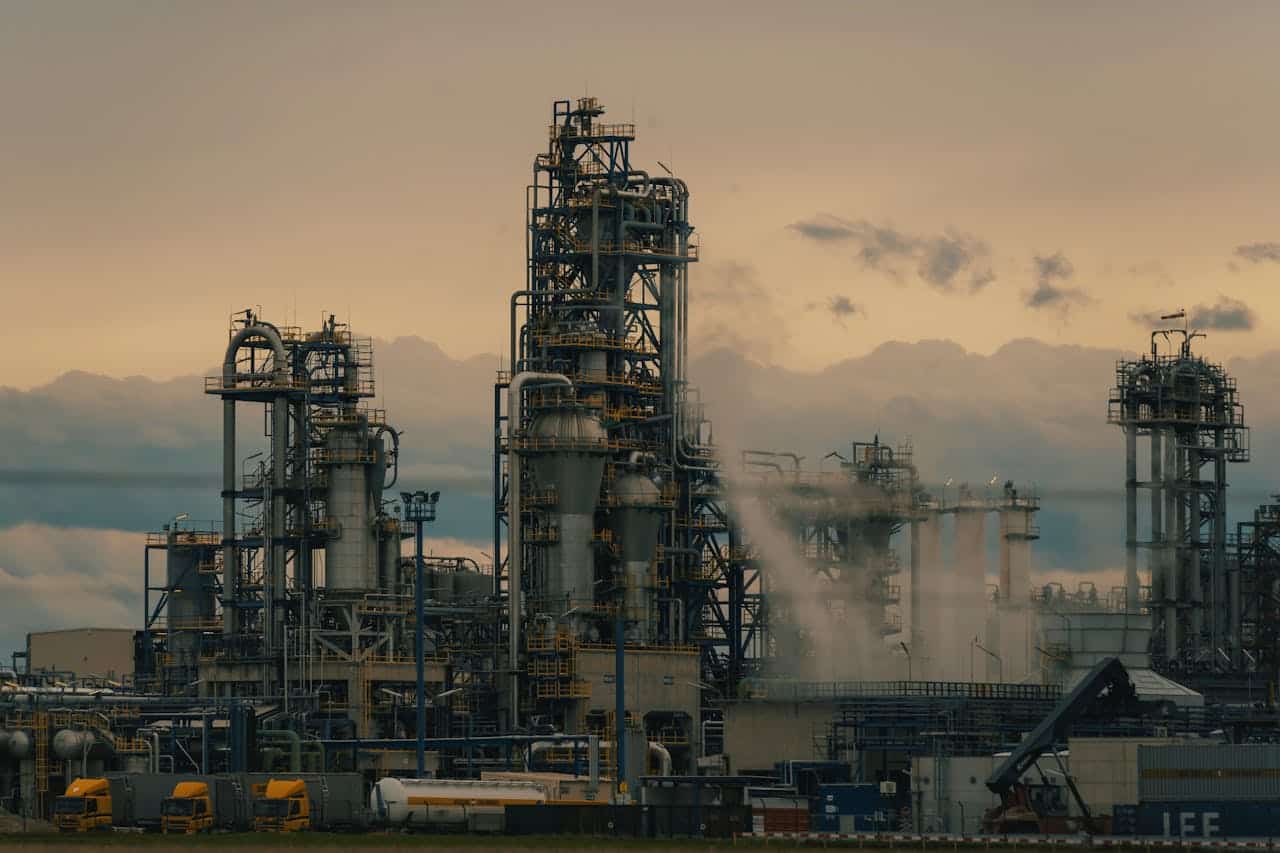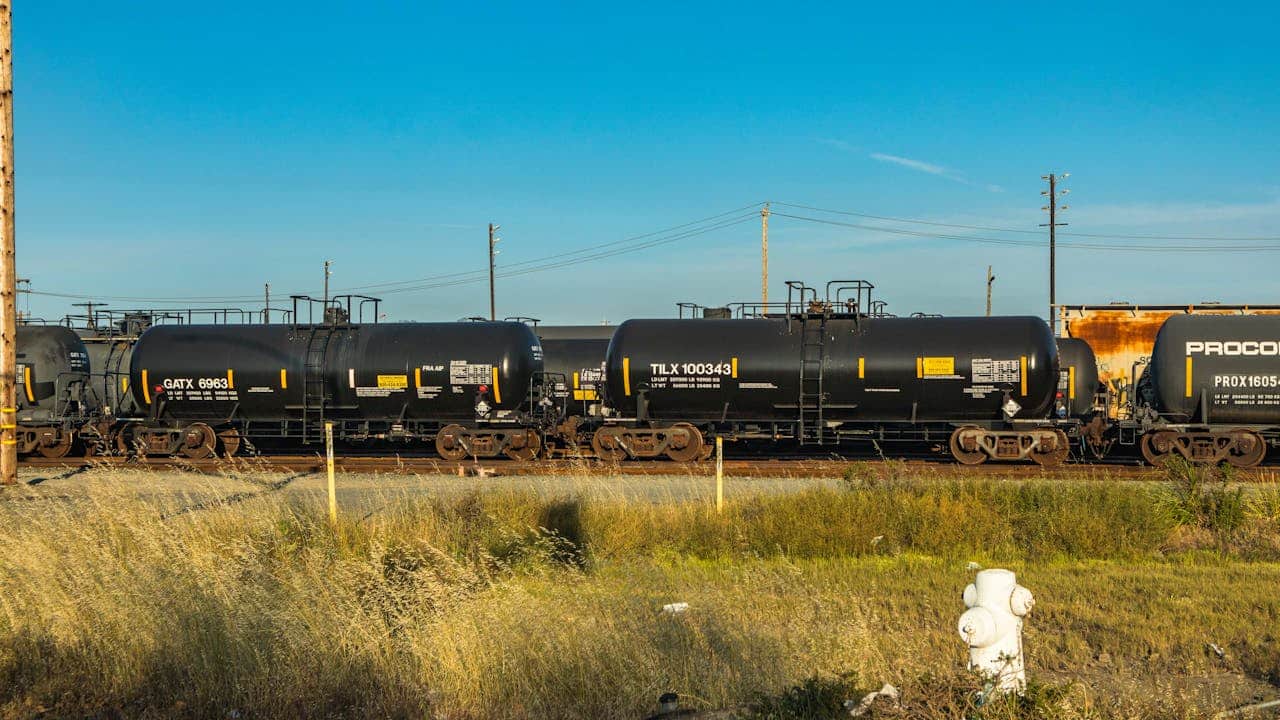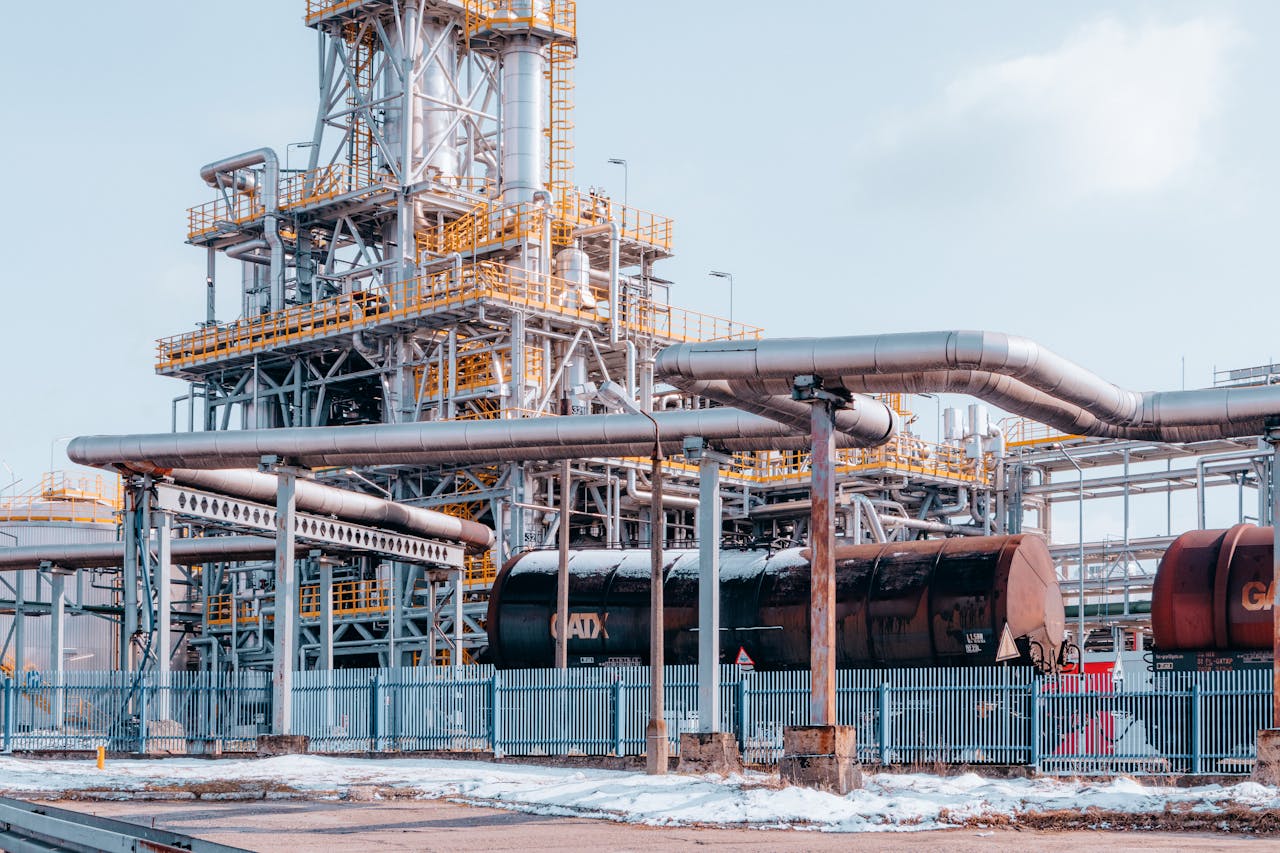LPG Terminal Design and Plant Operations Safety
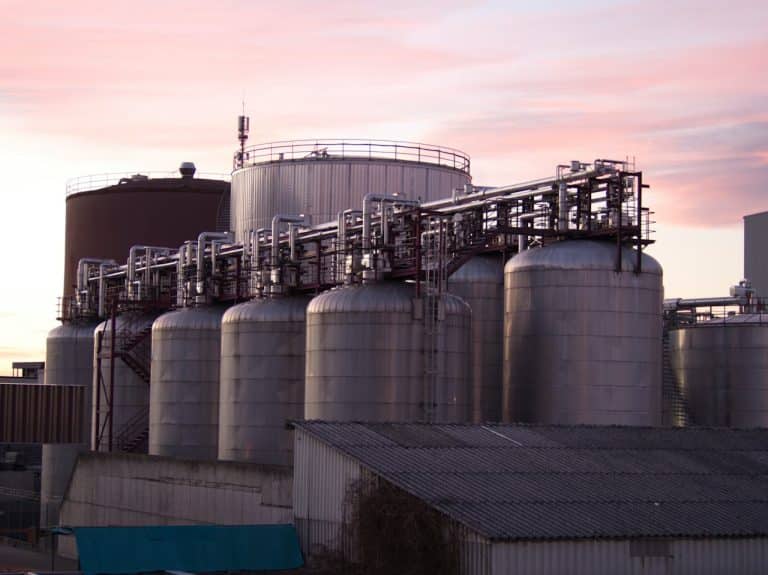
| Date | Format | Duration | Fees (USD) | Register |
|---|---|---|---|---|
| 17 Nov - 25 Nov, 2025 | Live Online | 7 Days | $5075 | Register → |
| Date | Venue | Duration | Fees (USD) | Register |
|---|---|---|---|---|
| 22 Dec - 26 Dec, 2025 | London | 5 Days | $6305 | Register → |
| 24 Dec - 26 Dec, 2025 | Dubai | 3 Days | $4680 | Register → |
Did you know that the maritime industry contributes 10% of the world’s greenhouse gas emissions, with a substantial share coming from heavy fuel oil in shipping? This compelling statistic underscores the critical importance of efficient and safe LPG terminal operations.
Course Overview
The LPG Terminal Design and Plant Operations Safety course by Alpha Learning Centre is meticulously designed to equip professionals with cutting-edge knowledge in facility safety, hazard identification, and regulatory compliance. This course focuses on risk management, emergency response protocols, and environmental safety to ensure participants can effectively navigate the complex landscape of LPG terminal operations.
Why Select This Training Course?
Selecting this LPG Terminal Safety Course offers numerous advantages for professionals involved in terminal operations and safety management. Participants will gain advanced knowledge of fire protection systems, operational best practices, and standards storage tank design. The course provides hands-on experience with key process equipment and instrumentation, enabling attendees to optimise their terminal operations effectively.
For organisations, investing in this training enhances overall safety compliance and reduces operational risks. By ensuring that personnel are well-trained in potential hazards and safety procedures, organisations not only protect their assets but also build sustainable practices. Research shows that companies implementing comprehensive safety protocols can significantly reduce incidents. For instance, Algerian LNG terminals demonstrated that effective safety management requires a combination of leadership commitment, communication, and adequate personnel training.
Individuals who complete this course will benefit from enhanced career prospects as they become more valuable assets in their respective fields. The skills acquired through this training can lead to professional growth and increased responsibilities within their organisations.
Transform your terminal operations capabilities – Join our next session!
Who is this Training Course for?
This LPG Terminal Design and Plant Operations Safety course is suitable for:
- Engineers and managers involved in LPG terminal design and operations.
- Safety officers in the LPG industry.
- Maintenance and operations personnel at LPG plants.
- Compliance and risk management professionals.
- Technical staff in LPG storage and distribution.
What are the Training Goals?
The objectives of this training course are to enable professionals to:
- To master the principles of safe LPG terminal design and plant operations.
- To understand and implement modern safety technologies in LPG environments.
- To develop strategies for hazard identification and risk mitigation.
- To ensure compliance with international safety standards and regulations.
How will this Training Course be Presented?
The LPG Terminal Design and Plant Operations Safety Course employs a comprehensive and innovative approach to ensure maximum knowledge retention and skill development. Expert-led instruction from seasoned safety professionals forms the core of the course, providing up-to-date insights into modern terminal operations and practical applications.
The course utilises a blend of theoretical lectures and practical applications, allowing participants to apply their knowledge to realistic scenarios. Advanced educational methodologies create a personalised and engaging learning journey through:
- Interactive sessions with industry safety experts
- Practical workshops featuring real-life safety scenarios
- Live demonstrations of safety equipment and systems
- Group projects focused on risk assessment and mitigation
- Access to digital resources and safety documentation
Ready to master terminal safety? Secure your spot today!
Course Syllabus
Module 1: LPG Terminal Layout and Design Safety
- Site selection criteria for LPG terminals.
- Designing for separation distances from hazards.
- Firewalls and blast-resistant structures.
- Layout optimisation for emergency access and evacuation.
- Safety in tank farm design and spacing.
- Pipeline routing and protection measures.
- Electrical systems design for hazardous areas.
- Integration of safety systems into terminal layout.
- Environmental considerations in terminal design.
- Security measures to prevent sabotage or accidents.
- Access control and surveillance systems.
- Compliance with local and international design codes.
Module 2: LPG Storage Systems Safety
- Types of LPG storage tanks and their safety features.
- Tank integrity testing and maintenance.
- Overpressure protection mechanisms.
- Safety valves and relief systems.
- Leak detection systems for storage tanks.
- Preventing thermal radiation from tank fires.
- Cathodic protection against corrosion.
- Safety considerations in tank filling operations.
- Emergency shutdown systems for storage.
- Managing the lifecycle of storage tanks.
- Safety in tank purging and inerting.
- Inspection techniques for tank integrity.
Module 3: LPG Transfer and Loading Operations
- Safe practices for LPG loading and unloading.
- Design and operation of loading arms.
- Hose management and integrity checks.
- Static electricity prevention during transfer.
- Grounding and bonding procedures.
- Pressure management during transfer.
- Safety checks before and after transfer operations.
- Handling of emergencies during transfer.
- Monitoring and control of flow rates.
- Training for transfer operations personnel.
- Safety in manifold and piping systems.
- Mitigating risks from human error.
Module 4: Fire and Explosion Prevention
- Understanding LPG flammability characteristics.
- Fire zone classification and equipment selection.
- Passive and active fire protection measures.
- Explosion suppression systems.
- Ventilation systems to manage gas dispersion.
- Firewater systems design and maintenance.
- Foam systems for fire fighting in LPG environments.
- Electrical and mechanical ignition source control.
- Smoke and gas detection technology.
- Emergency response planning for fires.
- Training for fire response teams.
- Continuous improvement in fire safety protocols.
Module 5: Safety Instrumented Systems (SIS)
- Design and implementation of SIS for LPG operations.
- Safety Integrity Levels (SIL) in LPG plants.
- Functional safety of control systems.
- Redundancy and fail-safe mechanisms.
- Integration of SIS with process control.
- Alarm management for safety system effectiveness.
- Testing and maintenance of safety instruments.
- Cybersecurity in safety-critical systems.
- Human factors in SIS design and operation.
- Performance metrics for safety systems.
Module 6: Hazardous Area Classification
- Classifying areas based on LPG leak potential.
- Selection of equipment for hazardous zones.
- Explosion-proof and intrinsically safe devices.
- Electrical installations in classified areas.
- Maintenance practices in hazardous environments.
- Safe work practices for zone-specific tasks.
- Documentation for hazardous area compliance.
- Regular re-evaluation of area classifications.
- Training for working in classified areas.
- Impact of area classification on emergency planning.
Module 7: Occupational Health and Safety
- Health risks associated with LPG exposure.
- Use of personal protective equipment (PPE).
- Ergonomics in LPG terminal operations.
- Noise and vibration control measures.
- Managing chemical and thermal hazards.
- Training for safe work practices.
- Health monitoring programs for employees.
- First aid and medical response capabilities.
- Promoting a culture of safety.
- Legal responsibilities towards employee health.
Module 8: Environmental Protection
- Environmental impact assessment of LPG operations.
- Spill prevention and response strategies.
- Air quality monitoring and control.
- Water management and pollution prevention.
- Waste management in LPG operations.
- Noise pollution control measures.
- Compliance with environmental regulations.
- Sustainability in LPG terminal operations.
- Training for environmental management.
- Contingency planning for environmental incidents.
Module 9: Regulatory Compliance
- Understanding global LPG safety regulations.
- Compliance with NFPA, API, and ISO standards.
- Permit to work systems in hazardous operations.
- Reporting and documentation for regulatory bodies.
- Legal implications of safety non-compliance.
- Regular safety audits and inspections.
- Training for regulatory compliance.
- Managing changes in safety regulations.
- Continuous compliance monitoring.
Training Impact
Research indicates that organisations implementing structured LPG terminal safety training programmes have demonstrated measurable benefits in both operational efficiency and safety compliance. Case studies highlight the following improvements from our key industry partners:
From World LPG Association’s implementation:
- Enhanced understanding of safety practices and operational procedures
- Improved regulatory compliance and risk management
- Strengthened emergency response capabilities
Transform your terminal operations and safety management – Enrol now to master LPG Terminal Design and Plant Operations Safety!


